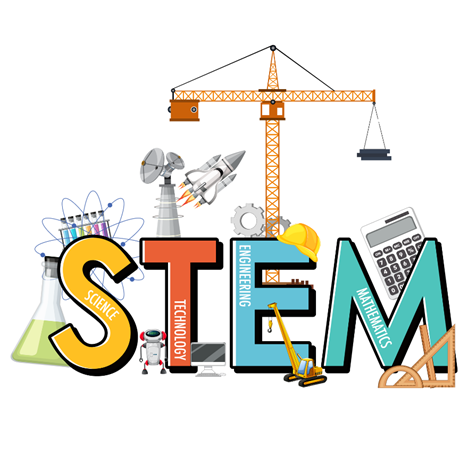Description
Age: 3rd- 8th grade
Dates: March 10 – May 9
Day: Mondays
Time: 9:00 – 10:00
Fee: $160
1 Hour Weekly for 8 weeks
STEM Program Overview
The Homeschool Extras STEM program offers hands-on learning experiences designed to inspire creativity and critical thinking through the integration of Science, Technology, Engineering, and Math geared toward 3-8 grade homeschool children.
For Sessions 3 and 4, we will explore various concepts using Lego Technics and Lego Powered Up Hubs and Motors. Besides learning some mechanical concepts and putting them into practice with various Lego builds, the goal for the session will be to design and construct a type of class project. For Session 4, we will continue with our train-factory setting and add onto it.
For high-level details on what the class can be in the future:
Students will explore core STEM topics such as physics, math, engineering, and computer science while engaging in interactive and exciting projects. Using materials like Legos and electronics, participants will learn to design, build, and test their creations, developing problem-solving skills and gaining a deeper understanding of real-world applications. Student ideas and input are encouraged, fostering a collaborative and innovative learning environment.
Each week, students will engage in activities that combine these STEM concepts into the day’s focus. While not every topic may be discussed explicitly each day, they will be integrated into the learning process as they relate to the projects. For example, when learning about gears, students will explore ratios and how they apply to gear mechanics. A key component of each session will be discussing the science, technology, engineering, and math principles that pertain to that project that have not been covered in previous weeks. Students will enjoy constructing projects and also focus on understanding the underlying mechanics, science, and math principles.
In Science, students will learn and explore physics concepts like motion, circular motion, force, torque, power, and mechanical advantage. We might also explore hydraulics and pneumatics by using linear actuators, learning about pressure and its applications in engineering.
The Technology component will include exploring electronics, such as building DC circuits with battery packs, motors, and lights. These circuits can consist of Lego battery packs and motors, or standard 3V battery packs paired with 3V DC motors and LED lights. Students will also be introduced to computer science through C#, pseudo-code, and a Scratch-like visual programming interface for Lego’s Powered up hubs where they will learn fundamental coding skills. Tools like ChatGPT can be used to demonstrate how artificial intelligence can aid learning and problem-solving. Anything relating to technology is on the table. For example, logic gates could be taught using the white board, electrical circuits, or Minecraft Redstone.
In Engineering, students will focus on designing, constructing, and testing projects that incorporate the Six Simple Machines. Activities will include building and experimenting with Lego and cardboard structures featuring motors, gears, and pulleys. These hands-on challenges will help students understand mechanical principles while encouraging creativity and teamwork.
The Math portion of the program will cover foundational concepts like ratios (e.g., gear ratios), fractions, and measurements, including distance, time, force, power, and their conversions. Students can also tackle basic algebra to solve problems like determining appropriate gear sizes and understanding the mathematical principles behind their builds. These concepts will be adapted for all age levels, but students should be able to multiply single-digit numbers before joining this class.
By combining these concepts into daily activities and encouraging hands-on exploration, the program provides students with a comprehensive understanding of STEM and how it applies to real-world challenges. Through designing, building, and problem-solving, students will develop the tools and confidence to think critically, innovate, and explore the fascinating world of science, technology, engineering, and math!


Reviews
There are no reviews yet.